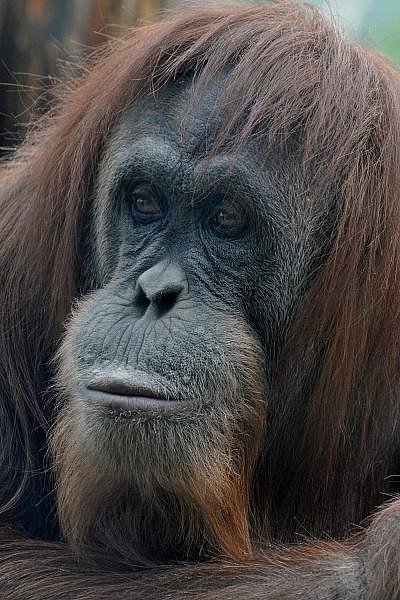Palm oil itself isn’t the problem, it is where and how it has historically been grown. In fact, palm oil could very well be the solution to deforestation if it is grown sustainably.
Environmentally, oil palms are the most productive of all oil crops—producing 4-10x more oil than common alternatives such as soy, canola, and coconut. To switch to one of these alternatives would require far more land and ultimately cost more deforestation. When grown sustainably, palm oil is the best choice of edible vegetable oils.
Socially, Indonesia and Malaysia, the two countries that produce the majority of the world’s palm oil, are currently going through an important period of economic growth. Without the palm oil industry, millions of people who rely on these economic opportunities and struggle with poverty would be unemployed. Additionally, palm oil is a natural preservative with no trans-fat which is why it can be found in many prepackaged food items. As the human population has grown, so too has the demand for products that are safe to consume and have a long shelf life.
Practically, it does not seem realistic or feasible to effectively boycott palm oil. Palm oil and its derivatives have more than 600 different names on product labels, sometimes even being labeled generically as “vegetable oil.”

